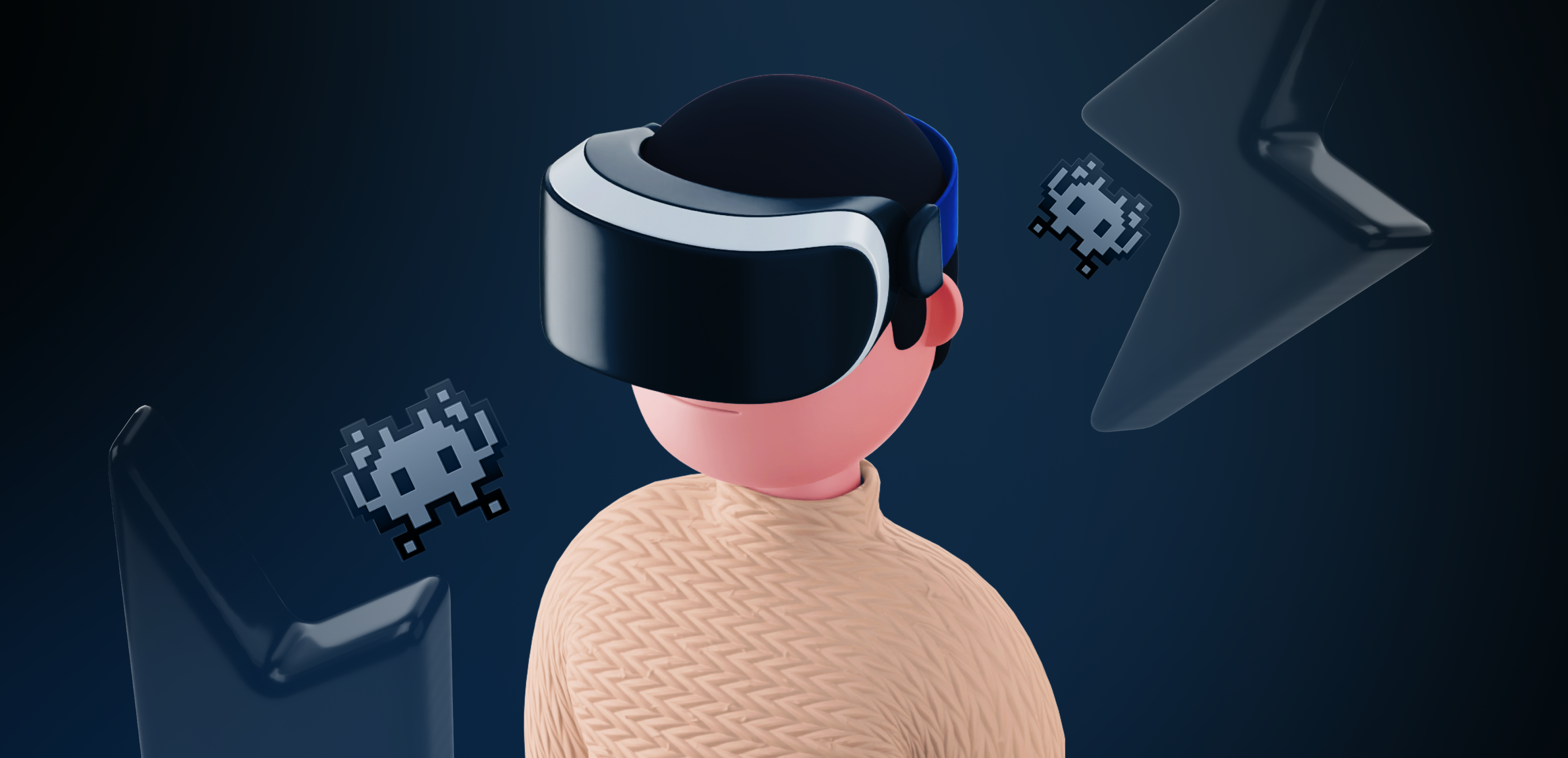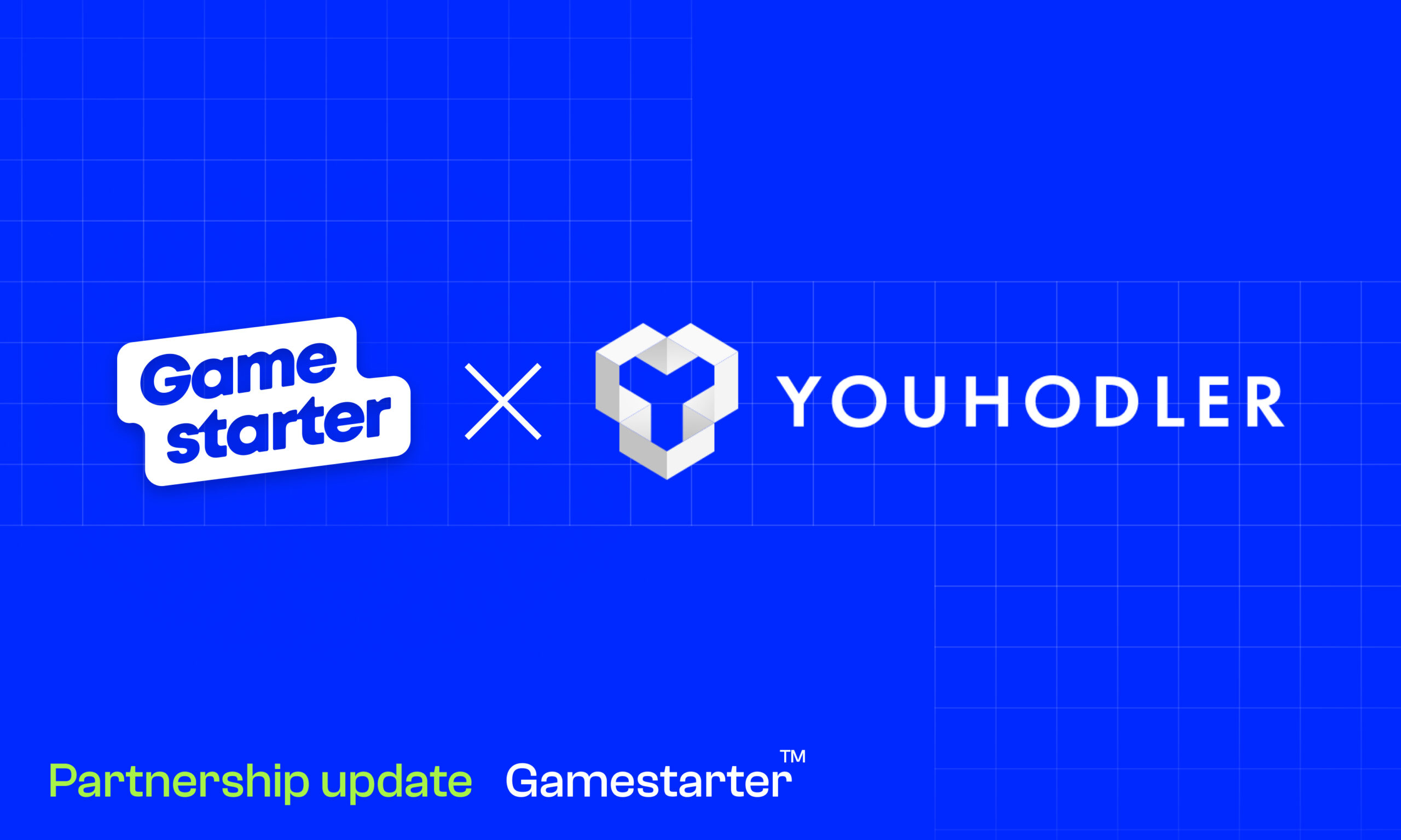Virtual Healing: How VR is Rewriting Medical Playbooks



Become part of exclusive group that shapes GS Future
Virtual Reality (VR), while predominantly recognized for its role in the gaming domain, is a transformative technology, harboring the potential to redefine the paradigms across multiple sectors, particularly in healthcare. Here, VR emerges as a powerful ally for practitioners and patients, ushering in innovative approaches to enhance treatment methodologies and outcomes in surgery, rehabilitation, mental health, and more.
Elevating Surgical Precision
George Washington University integrates sophisticated VR technology for neurosurgery and thoracic surgery, granting surgeons the capability to delve into the intricate details of a patient’s brain and body virtually before undertaking a procedure. This technological intervention is elevating surgical precision and situational awareness, and providing patients and their families with comprehensive insights into the forthcoming procedures. A study highlighted in the Harvard Business Review indicates that VR-centric training augments overall surgical proficiency by a staggering 230%, compared to conventional approaches.
Furthermore, UConn Health capitalizes on VR solutions from PrecisionOS and Oculus, offering pivotal training to orthopedic surgery residents. This not only opens up unparalleled learning avenues for aspiring surgeons but also constitutes a more economical and time-efficient alternative to traditional cadaver-based practice.
Fostering Empathy
Many hospitals are integrating Virtual Reality (VR) simulations to provide doctors with a nuanced, empathetic understanding of patient experiences. This technology can replicate health conditions like dementia, Parkinson’s, and migraines, serving as a transformative tool for healthcare providers.
This approach has been a catalyst in enhancing providers’ comprehension and empathy, offering a unique perspective into the daily struggles of those experiencing ailments, especially the elderly battling conditions like Alzheimer’s and sensory impairments. It’s creating more holistic patient-doctor interactions and fostering elevated levels of empathy, leading to improved patient outcomes and quality of care.
The immersive insights gained are breaking barriers between healthcare providers and patients, fostering relationships built on mutual respect and understanding. It’s also an invaluable educational tool for practitioners, allowing more personalized and effective treatment strategies, aligning healthcare more closely with individual patient needs.
In essence, the adoption of VR simulations is revolutionizing healthcare, promising a more patient-centric, empathetic, and holistic future, with empathy and understanding at its core, indicating the immense potential of VR in shaping healthcare’s future.
Mitigating Pain
Cedars-Sinai Hospital is leveraging Virtual Reality (VR) as an innovative pain management solution, achieving over a 24% reduction in patient pain experiences. This approach is reducing reliance on pharmaceutical methods and extending benefits to those in acute, chronic, and labor pain, promoting holistic pain alleviation strategies.

VR serves as a significant refuge for children in pain and anxiety, providing immersive distractions that ease their distress. Studies from the University of Washington validate the effectiveness of VR, showing significant pain reduction among burn victims engaging with VR.
These VR applications are aiding in the development of comprehensive and individualized pain management strategies, fostering a more empathetic and tailored treatment journey. The endeavors of institutions like Cedars-Sinai Hospital in incorporating VR reflect the transformative potential of this technology in redefining the healing and recovery process and enhancing the overall quality of life for patients.
Augmenting Physical Therapy
VR stands as a revolutionary game-changer in the realm of physical rehabilitation, unfolding new dimensions of interactive and dynamic therapies. It introduces motion-activated games that accurately mirror precise, planned physical activities, significantly enhancing the motivation and overall effectiveness of therapeutic exercises. This innovative approach in therapy not only makes the rehabilitation process more engaging but also more adaptive to individual needs.
The unparalleled versatility of VR in rehab settings empowers patients to simulate and practice real-world tasks in a controlled environment, fostering a more rapid and sustainable recovery process. This immersive technology holds substantial promise, especially in significantly improving motor functions and the quality of life for children with cerebral palsy, offering them a more tailored and responsive therapeutic experience.
Cognitive Enhancements
Innovative startups like MyndVR and Rendever are leveraging VR to revitalize memory and cognitive abilities in seniors, promoting enhanced cognitive and motor functions in individuals with mild cognitive impairments or dementia. VR’s incorporation in cognitive rehabilitation, including for conditions like multiple sclerosis (MS) and post-stroke spatial deficits, is strengthening traditional therapies.
Addressing Mental Health
VR is emerging as a crucial tool in mental health, specifically in treating anxiety and trauma. It facilitates exposure therapy within secure, virtual spaces, enabling individuals to confront their fears and traumas progressively. This technology is proving effective in addressing a spectrum of psychological disorders, including depression and PTSD, often delivering notable results. The immersive and customizable nature of VR allows for a tailored approach to treatment, offering comprehensive solutions and newfound hope for those battling mental health conditions.
Industrial Transformation
The manifold medical utilities of VR are ceaselessly expanding, with researchers unearthing novel applications to refine healthcare and yield more efficacious patient treatments. With an annual growth rate of 30.3%, VR is on the verge of radically transforming multiple industries, promising multifaceted benefits to society at large.
This fusion of healthcare and technology epitomizes a pioneering stride in medical science, promising a future where treatment is not just a remedial measure but a comprehensive, empathetic experience, revolutionizing the very essence of healthcare delivery.

are registered trademarks. All rights reserved.


















